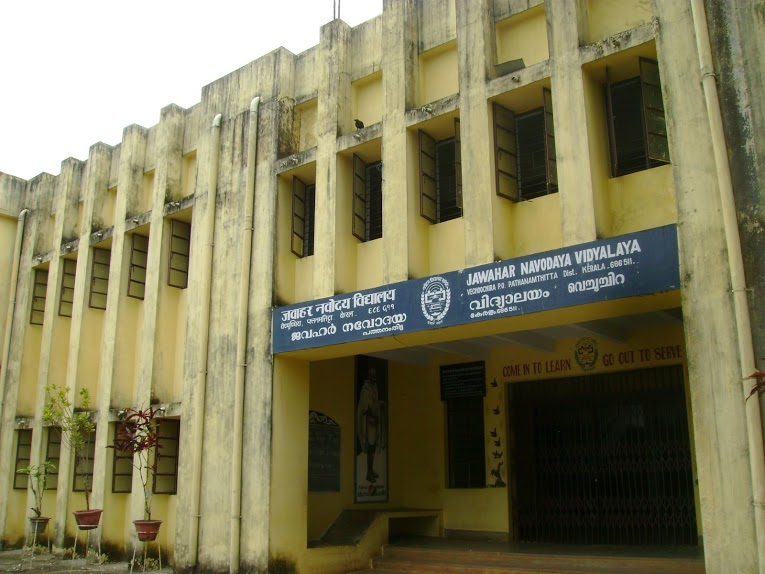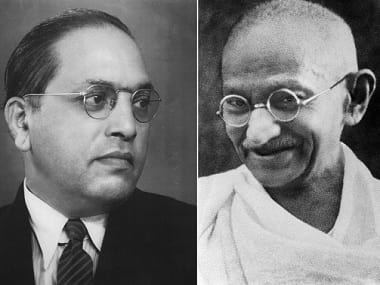EDUCATION
It is shocking to note that 49 children have committed suicide from 2013-2017 at the Jawahar Navodaya Vidyalayas for a series of issues like family problems, unrequited love, depression among others.
Priyanka Yadav | The New Leam

Jawahar Navodaya Vidayalas are a set of schools run by Navodaya Vidyalaya Samiti under the Department of School Education and Literacy, Ministry of Human Resource Development, Government of India. The set of schools has come into light in the past few weeks for all the wrong reasons.
In a recent investigation it has been reported that in the last five years 49 cases of suicide by the students took place. The investigation further revealed that out of the 49 suicide cases which were reported they mostly included boys belonging to tribes and Dalit community.
Jawahar Navodaya Vidayala (JNV) schools are fully residential and co-educational schools affiliated to Central Board of Secondary Education, and institutionalised by the government of India for talented students belonging to rural India. JNVs are spread across India with approximately 598 schools as of the academic year 2015-2016.
The investigation reported that till March 31 approximately 2.53 lakh students in the age group of 9-19 years took admission in JNV. In 2013, eight students committed suicide, in 2014 seven students, in 2015 eight students, in 2016 twelve students and in 2017 nearly fourteen students all of them belonging to the marginalised community of the society committed suicide. Students were found hanging on the ceiling fans in their hostel rooms by their fellow classmates or hostel mates.
The investigation reports are a shocking revelation about a strange pattern in the schools, it was mentioned in the report that the suicides occurred due to reasons like depression, competition, failure at love, anxiety and social pressure. In each of the cases the authorities in position at that time were suspended, transferred or terminated.
This is case is not merely about suicide because of poor mental condition neither the solution in the cases was achieved through suspension or termination of the authorities.
This is a case which poses a larger question and also reveals an unfortunate truth about the society, education system and humanity at large.
Nearly 60 per cent of the suicide cases which are reported are linked with depression of one form or the other. 12 per cent of Indian students between age 4 and 16 suffer from psychiatric disorder. 20 per cent show mental disorder, out of which 2-5 per cent have serious concerns like autism or bi-polar disorder and every one hour a student commits suicide in India.
Plato in his writings has compared the mind of a child with clay, which can be shaped and moulded by the environment and the atmosphere in which the child lives. Therefore making it necessary for children to receive the right kind of atmosphere in their early years of life. Schooling is considered important and yet intrinsic for the child’s growth. It is imperative for schools to provide the right kind of atmosphere that would help in the child’s growth and development.
The investigation report and the statistics mentioned above nowhere inform about a conducive atmosphere. It rather suggests that there is a deep problem with the overall education infrastructure which is not benefiting the child in holistic terms.
Most of schools in India put a lot of focus and energy in giving excellent academic results, the atmosphere in schools promote academic rigour and because of which schools follow a rigorous curriculum which only adds on to the burden of the child and the teachers respectively.
Studies and research reports have pointed out towards the growing teacher student ratio, in most cases the ratio is 1:40 or 1:50. This ratio increases the workload as well decreases the individual attention of the teacher on the class of children.
It is important to achieve good academic results but not so much that it becomes the only goal of the institution and the child. Schools are meant to impart learning but not necessarily of the academic kind. The focus on academic rigour makes the child lifeless and competitive which only adds on to the stress level of the child. In reality schools are meant for holistic learning and development, ideally it should act as a space for individual learning, growth and development in a shared atmosphere where students are nurtured and allowed to grow as per their capacity in totality.
Unfortunately this model of schooling has been quite loosely manifested in today’s time. Growing competition and the run to achieve ‘success’ has pushed many children into the world of depression where they are unable to cope up with the situation and sadly when they are unable to get the right guidance to deal with their anxiety and troubles, suicide for many becomes the last resort.
Most of the schools today have started counselling sessions and even employ full time psychiatrists in the schools for students and children. But an important thing to be noted here is that a troubled child in very few cases only by himself or herself approaches for help, therefore it is at the discretion of the people around them especially the teacher to monitor the behavior of the child.
In India most of the teachers rather majority of the teachers are ill-equipped in dealing with any kind of issues linked with the child’s mental health. Neither are the teacher personally equipped nor does their teacher training equip them in dealing with such students. Teacher’s education is an important aspect of an educational system but it is also one of the most neglected aspects in the Indian education system. Teachers are either ill equipped or over-burdened and are unable to provide effective guidance to the child.
Suicides among children are also indicative of the kind of world they are inhabiting as they live in an atmosphere of competition and constant rush of academic achievements and professional achievements There is constant pressure to think and plan about the future in order to achieve a better living. Better living and better lifestyles which have a very subjective yet non-absolutist kind of a definition and in the achievement of which a child loses out on many intricate and important moments of life is far less important to celebrating the very journey of childhood. Although in the prevalent academic environment the child may be made to feel that marks and grades ought to be gathered at any cost and that ‘failure’ is worthy of suicide- it is important for teachers and parents to sustain the holistic development, the acknowledgement of different forms of capabilities, a conducive rather than competitive environment and a support system that nurtures the child’s potential.
The JNV case is an eye opener for the education system and society at large to ensure that a more child-centric and creative pedagogy is allowed to be enjoyed by the child in an environment of equality and love.










